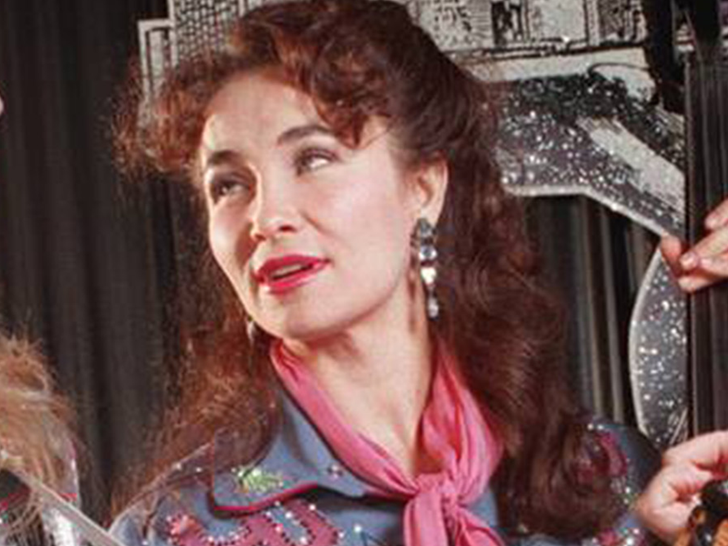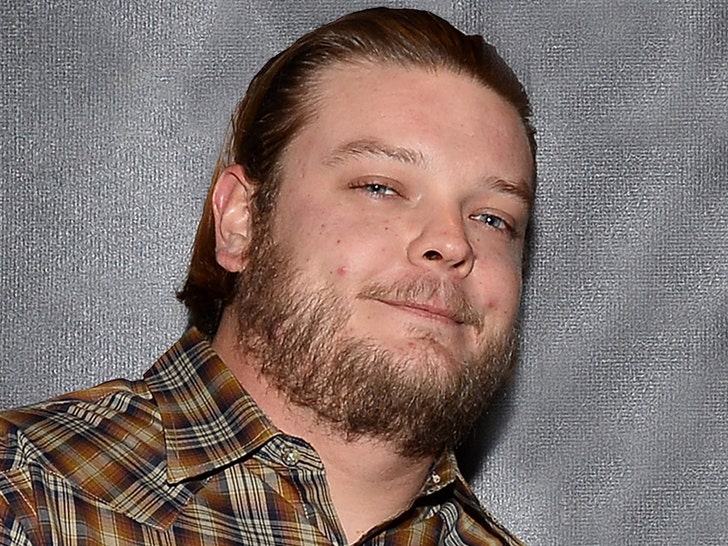
Paula Abdul has filed a lawsuit against American Idol producer Nigel Lythgoe, alleging that he sexually assaulted her on multiple occasions.
In the suit filed in Los Angeles on Friday, Abdul accused Lythgoe of sexual assault/battery, sexual harassment, gender violence, and negligence (via Rolling Stone). She also says she was verbally berated, bullied, discriminated against, and paid less than her fellow male judges.
Abdul served as a judge on American Idol from 2002 to 2009. During one of the show’s “initial seasons,” Abdul says that Lythgoe sexually assaulted in the elevator of a hotel room they were staying at while traveling for auditions.
“Lythgoe shoved Abdul against the wall, then grabbed her genitals and breasts, and began shoving his tongue down her throat,” the suit alleges. Abdul says she attempted to push Lythgoe away from her, and ran outside of the elevator once the doors opened. She says she then called one of her representatives to inform them of the incident.
A second assault allegedly occurred in 2014, when Abdul attended a dinner at Lythgoe’s home. “Toward the end of the evening, Lythgoe forced himself on top of Abdul while she was seated on his couch and attempted to kiss her while proclaiming that the two would make an excellent ‘power couple,’” the suit states. “Abdul pushed Lythgoe off of her, explaining that she was not interested in his advances and immediately left.”
Abdul says she initially chose not to go public about the assaults over fears of retaliation. Lythgoe served as a producer on American Idol, and later executive produced and co-hosted So You Think You Can Dance alongside Abdul. He allegedly threatened to fire her from both gigs.
The suit also claims that Abdul witnessed Lythgoe sexually assaulting one of his assistants on the set of So You Think You Can Dance in 2015. The singer/dancer also alleges that Lythgoe taunted her that they should celebrate the assault because it had been “seven years and the statute of limitations had run.”
Abdul’s lawsuit was filed under California’s Sexual Abuse Cover Up Accountability Act, which temporarily waives the statute of limitations on sexual misconduct claims for civil suits.








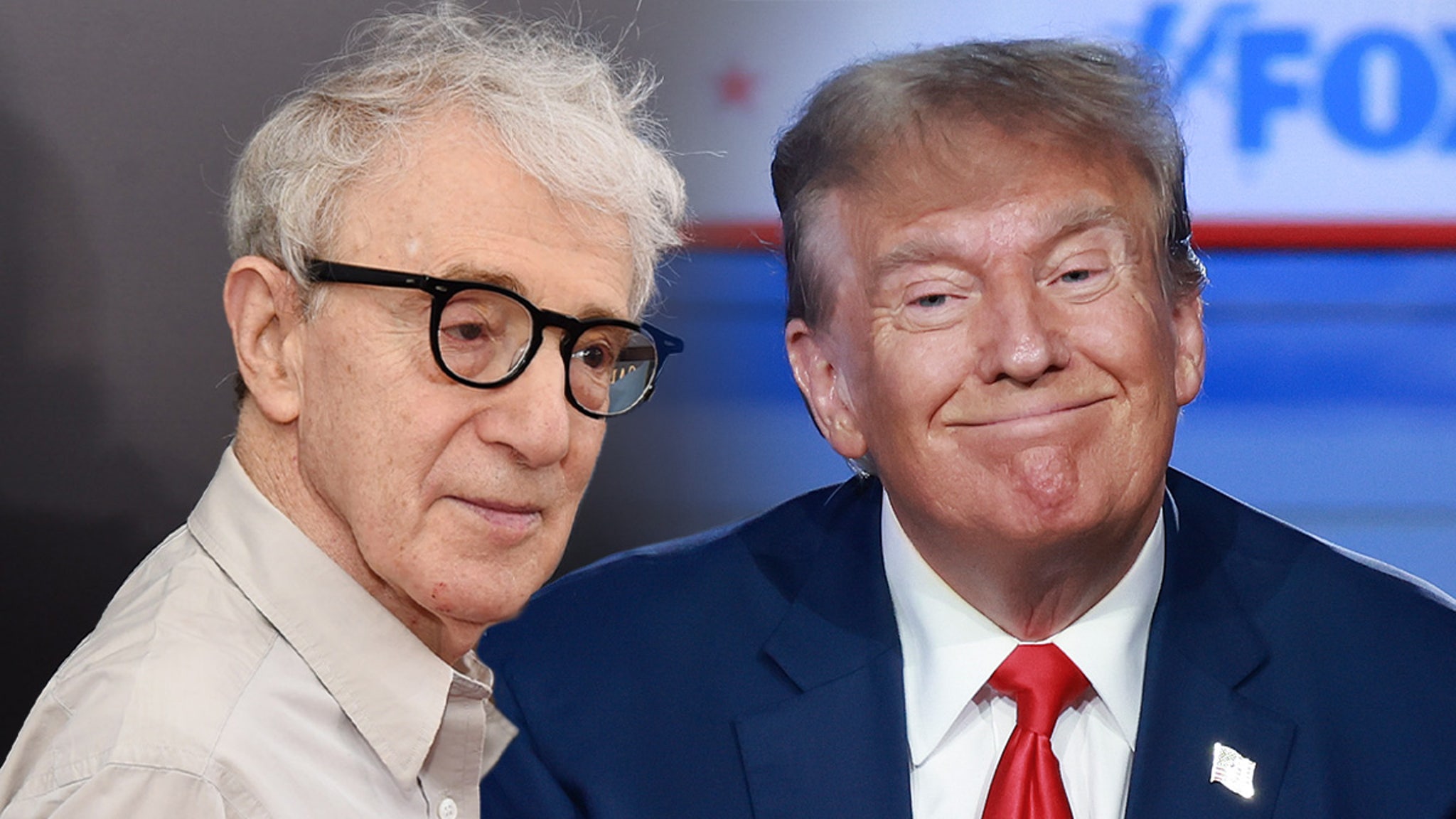






























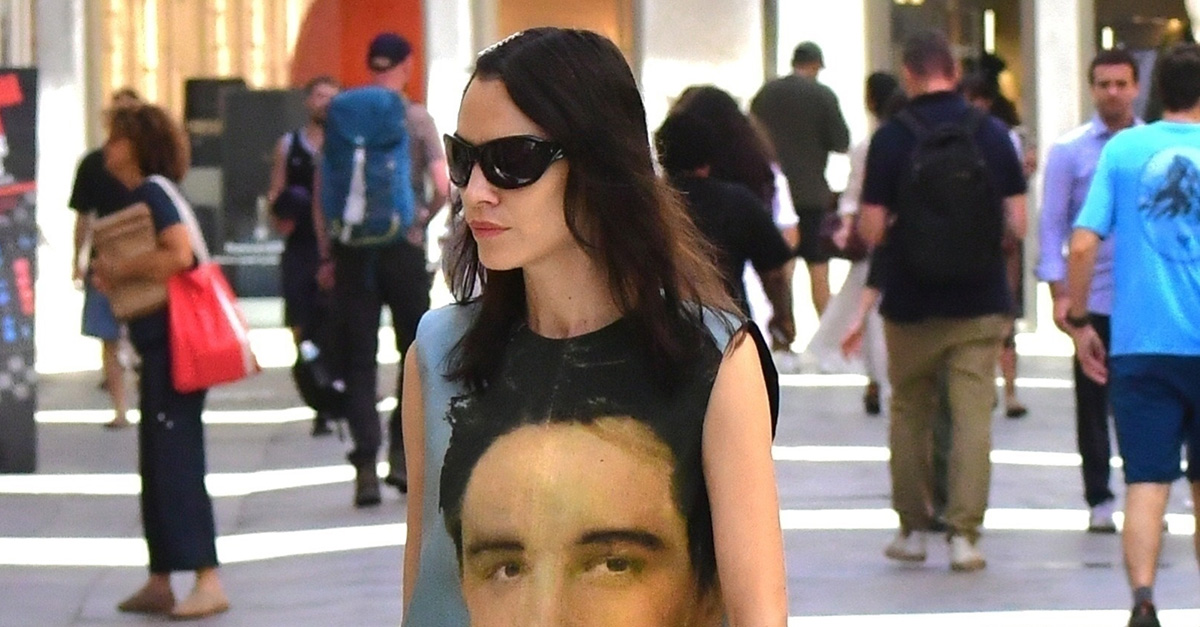
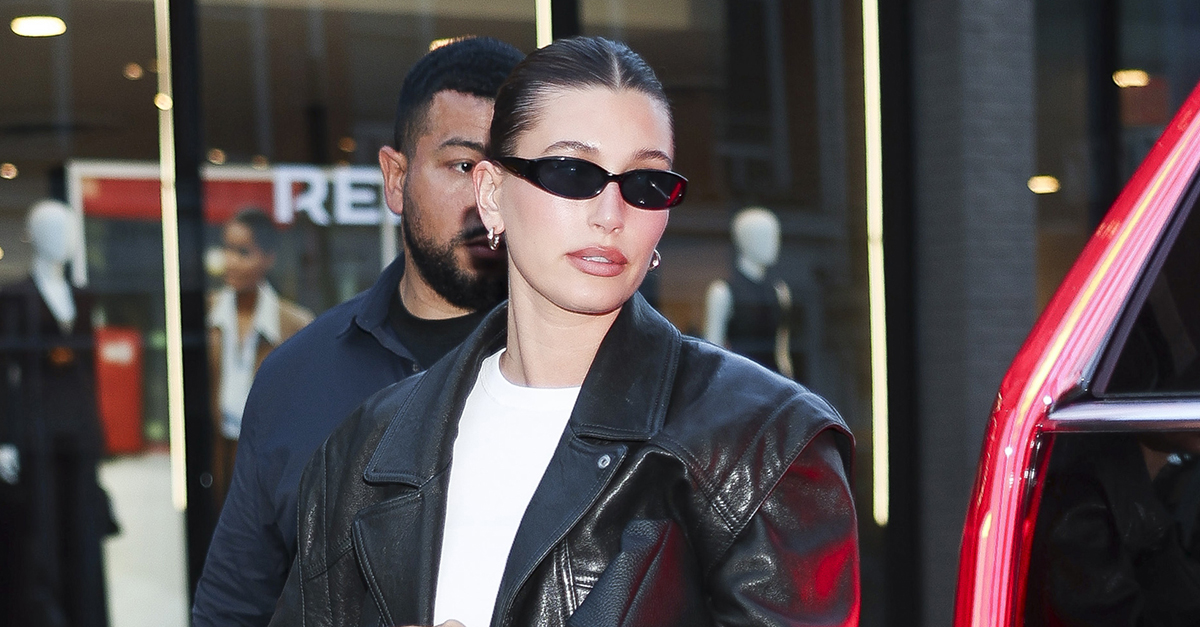
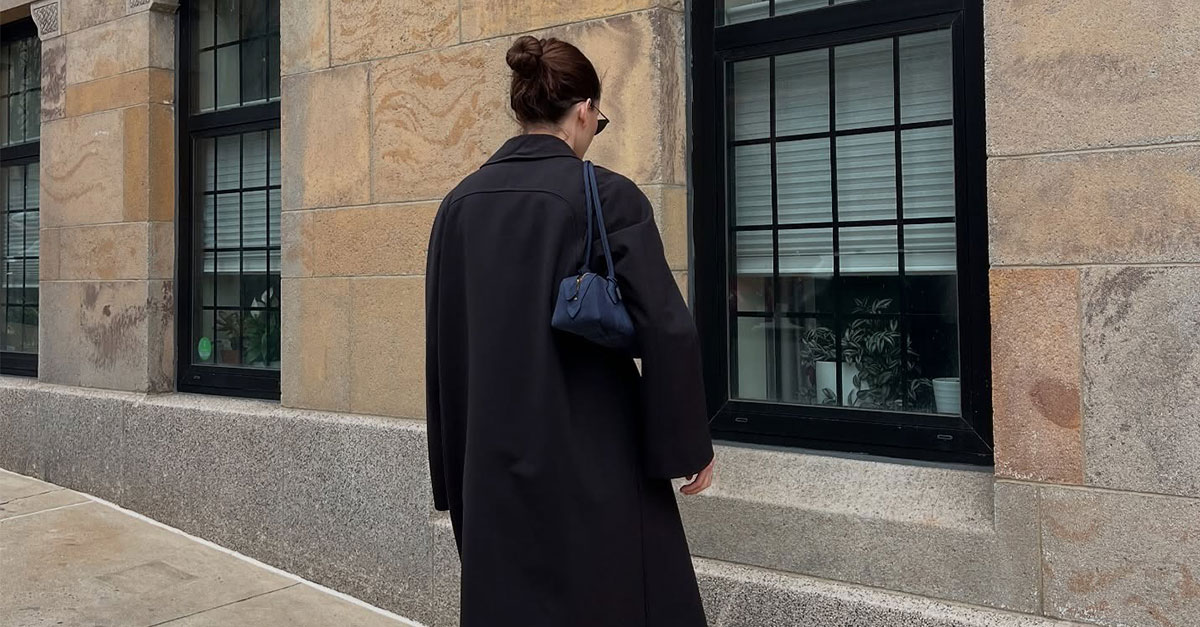

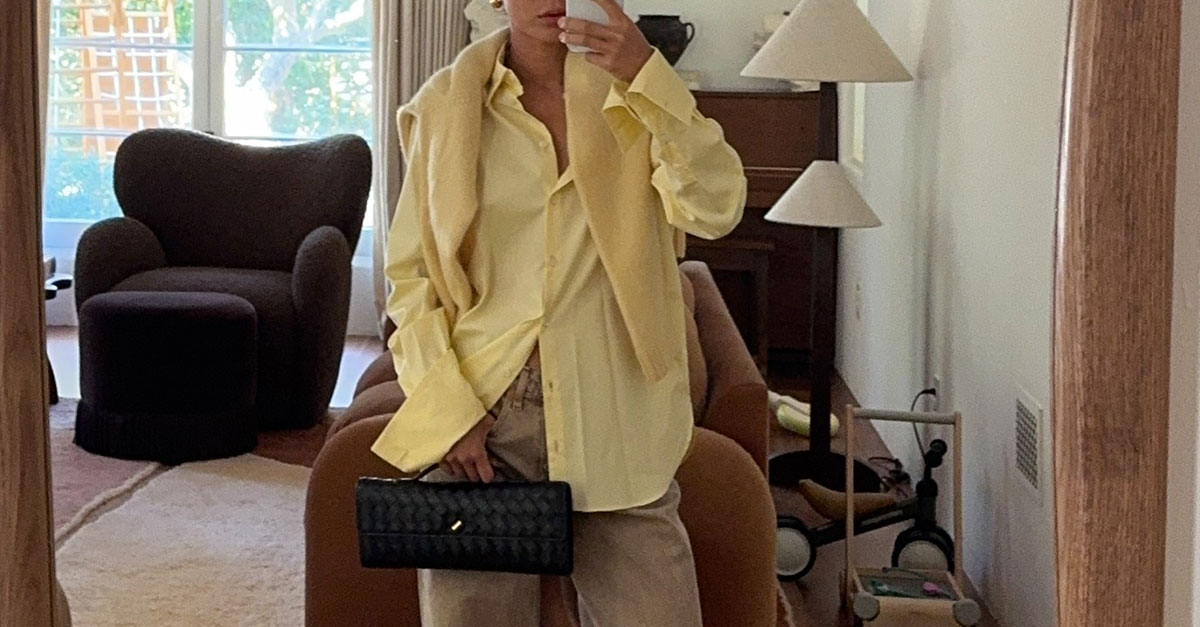

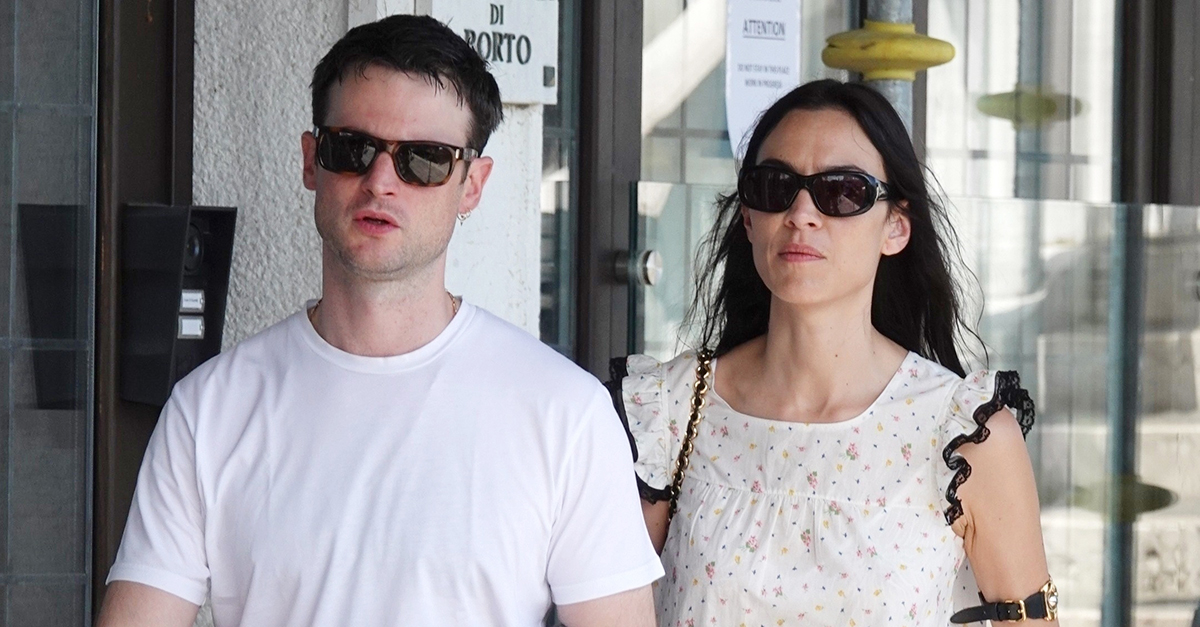














![YOUNG LAMA X VTEN – DOLLA BILLS II [ OFFICIAL MUSIC VIDEO FOR DOLLA BILLS PART 2 ] YOUNG LAMA X VTEN – DOLLA BILLS II [ OFFICIAL MUSIC VIDEO FOR DOLLA BILLS PART 2 ]](https://i.ytimg.com/vi/bWkxG08iEo4/maxresdefault.jpg)







